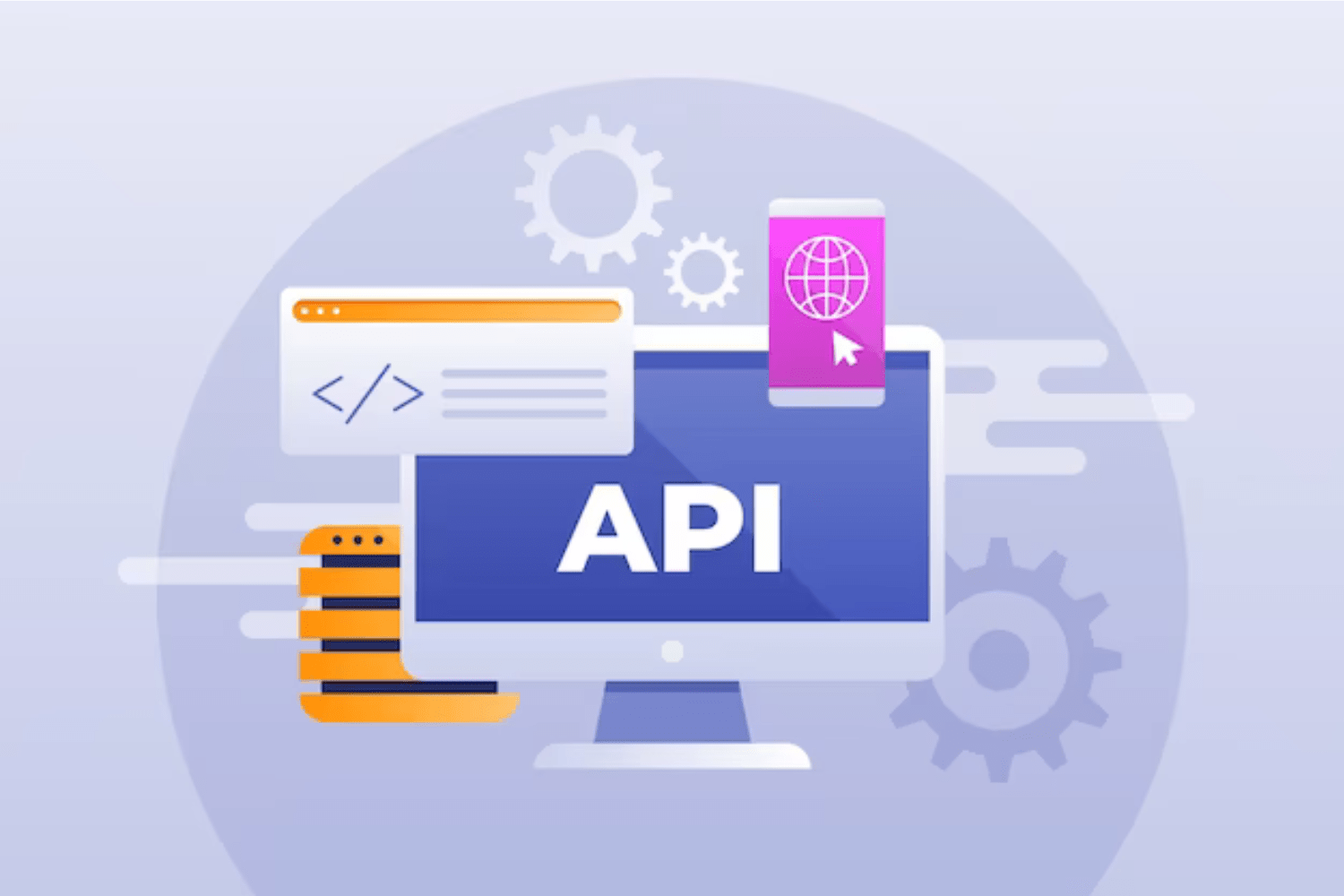The process of designing, building, deploying, and managing software solutions that are precisely suited to satisfy the distinct demands and requirements of a certain business or organization is known as custom software development. A thorough explanation of the steps and procedures needed in developing custom software is provided below:

Custom Software Development Process :
Requirements Gathering and Analysis
- Objective : To specify the scope and requirements of the specific software, consider the demands, objectives, and business procedures of the client.
- Activities :
- To collect early needs, hold client meetings and workshops.
- Examine any already-existing systems and record the business procedures.
- Set project goals and order criteria.
Architecture and System Design:
- Objective : The system architecture, databases, modules, and interfaces should all be included in a detailed blueprint for the custom software.
- Activities :
- Design system architecture, specifying hardware, software, and network components.
- Define the database structure and relationships.
- Develop system flowcharts and diagrams for visualization..
Prototyping (Optional):
- Objective : Develop a preliminary version of the software to give stakeholders a tangible representation of the system's functionality
- Activities :
- Create a basic version of the software with limited functionality.
- Gather feedback from stakeholders to refine requirements and design.
Development and Coding
- Objective : Write the actual code for the custom software based on the approved design and requirements.
- Activities :
- Use chosen programming languages and frameworks to write code.
- Implement the database structure and data handling processes.
- Develop user interfaces and application logic.
Testing:
- Objective : Ensure the custom software functions as intended, is error-free, and meets quality standards.
- Activities :
- Conduct various types of testing (unit, integration, system, acceptance).
- Identify and fix bugs and issues.
- Validate that the software meets all specified requirements.
Integration and Deployment:
- Objective : Integrate the custom software into the client's existing IT environment and deploy it for actual use.
- Activities :
- Configure the software to interact with other systems if necessary.
- Install the software on servers or cloud platforms.
- Conduct deployment testing to ensure it functions in the live environment.
User Acceptance Testing (UAT)
- Objective : Allow end-users to test and validate the software to ensure it meets their needs and expectations.
- Activities :
- Involve key stakeholders in testing the software in a controlled environment.
- Gather feedback and make any necessary adjustments.
Training and Documentation:
- Objective : Provide training to end-users and administrators and create comprehensive documentation for system use and maintenance.
- Activities :
- Conduct training sessions for users, administrators, and support staff.
- Create user manuals, system documentation, and troubleshooting guides.
Deployment and Maintenance:
- Objective : Ensure the software operates smoothly and address any post-deployment issues.
- Activities :
- Monitor system performance, security, and user satisfaction.
- Provide ongoing support, updates, and maintenance as needed.
- Implement new features or enhancements based on user feedback and evolving business needs.
Evaluation and Feedback:
- Objective : Assess the project's success, gather feedback, and identify areas for improvement.
- Activities :
- Conduct a post-project review to evaluate the software's performance against initial objectives.
- Collect feedback from stakeholders for future reference and improvement.
This complete procedure guarantees that custom software is created carefully, fulfilling the needs of the client and providing a high-quality, customized solution. Additionally, it creates a structure for continuing management and support after deployment.















